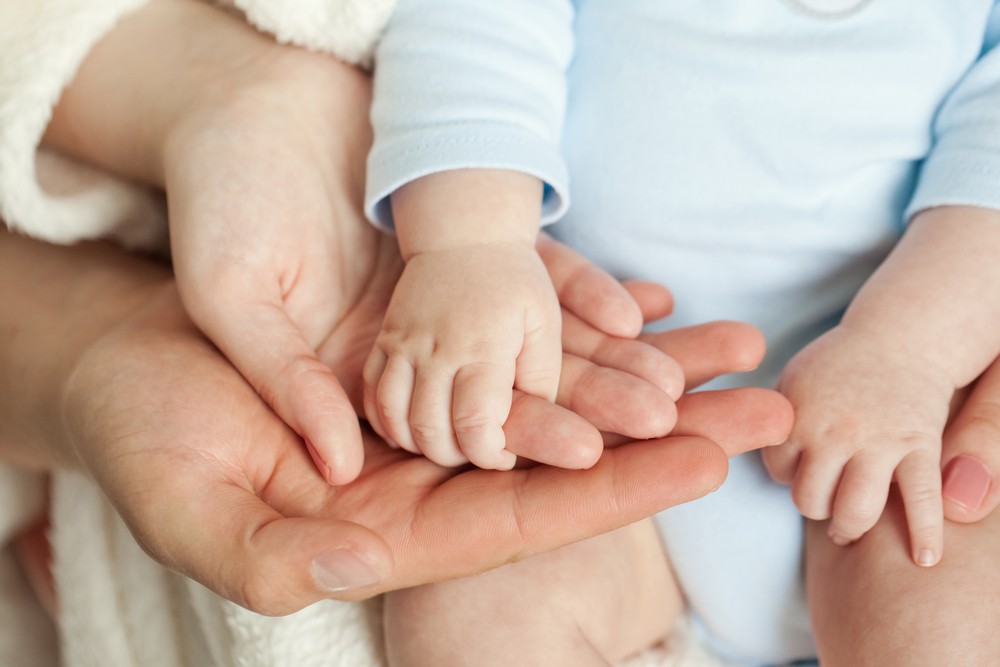Popular Reads
Top Results
Can't find what you're looking for?
View all search resultsPopular Reads
Top Results
Can't find what you're looking for?
View all search resultsUS parents less happy than childless counterparts: Study
Nonparents in the US are happier than their child-bearing counterparts, according to a study from Baylor University and the University of Texas
Change text size
Gift Premium Articles
to Anyone
N
onparents in the US are happier than their child-bearing counterparts, according to a study from Baylor University and the University of Texas.
Based on research in 22 countries, including Finland, Portugal, the Netherlands and the UK, the US, a largely industrialized country, ranked the lowest in terms of the happiness gap. The result was surprising considering that other developed countries like Norway, Sweden, Russia and Hungary reported negative happiness gaps, where parents found themselves much happier than childless people.
The study showed that the cause of unhappiness among parents was rooted in social policies including subsidized childcare, maternity leave, sick leave and standard vacation days. “The United States, without any standard paid leave available to mothers or parents — or any standard vacation or sick leave to support raising a dependent child — falls strikingly behind all the other countries we examined in terms of providing for parents," researcher Matthew Andersson from Baylor University said as quoted by the Daily Mail.
(Read also: Excessive Facebook usage linked with depression in new moms)
Jennifer Glass, the lead author of the study, said the two most defining factors that explained the variation were the cost of care for the average 2-year-old as a percent of wages and the total extent of paid sick and vacation days. She found that there was no difference between parents with planned children and those with unplanned children.
Flexible work schedules as well as time off for doctors’ appointments, school events and emergencies were ideal components to increase the quality of life of parents, the researchers noted, in combination with paid vacation and maternity leave. The study will be published in the American Journal of Sociology in September. (jam/kes)











